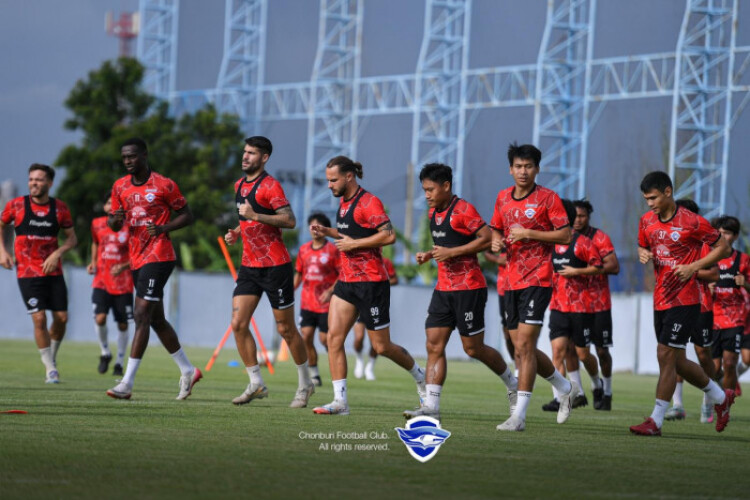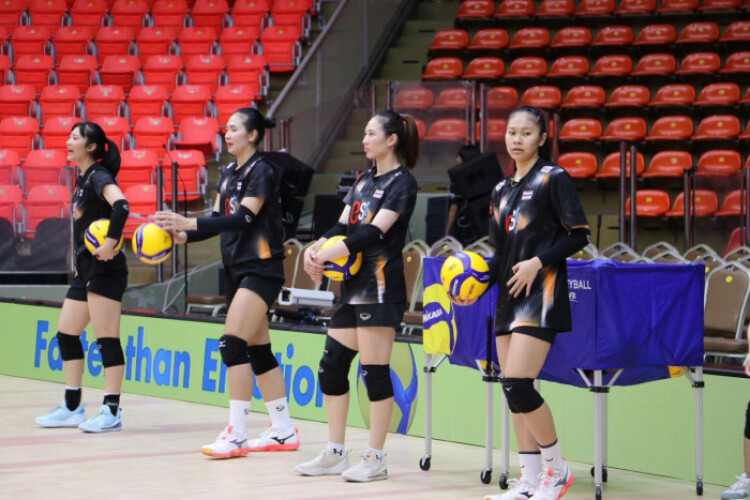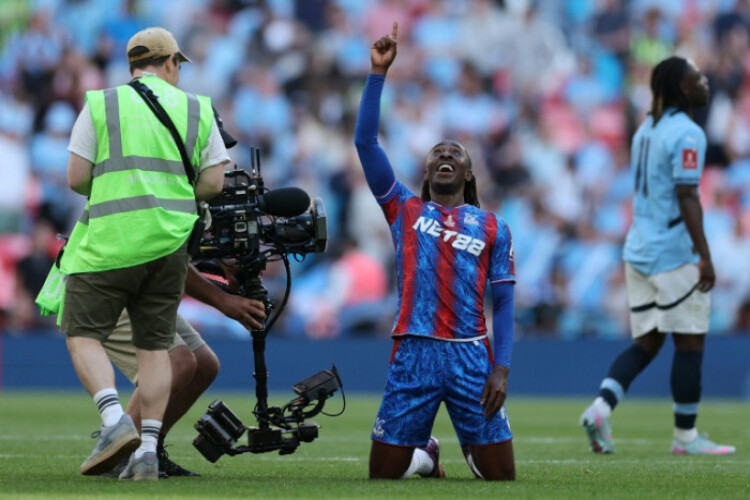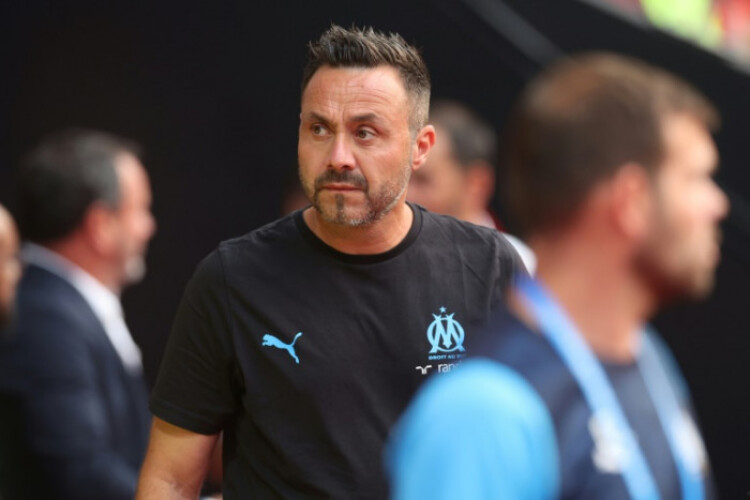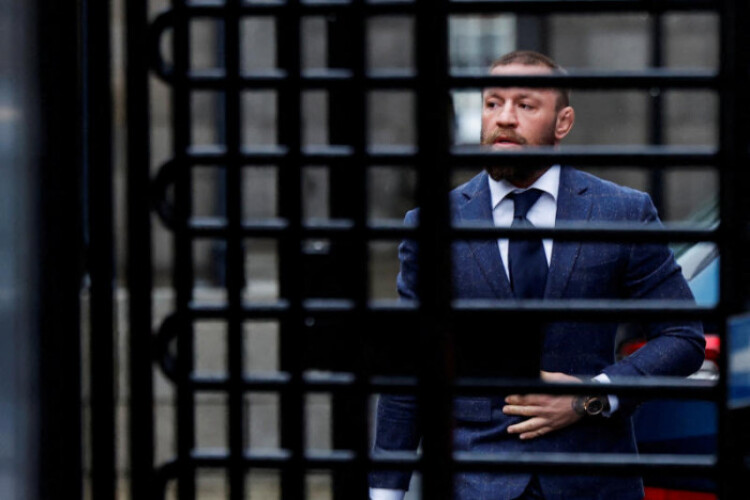
DUBLIN — A woman who had accused mixed martial arts (MMA) fighter Conor McGregor of raping her in a hotel penthouse in 2018 was awarded nearly 250,000 euros (about US$260,000) in damages Friday after a jury found him liable for sexual assault in a civil trial in Dublin.
McGregor was previously the subject of a criminal investigation in Ireland, his home country, in connection with the allegations, but was not charged.
After the verdict Friday, the woman, Nikita Hand, spoke outside the courthouse, her hands shaking as she read from a page of remarks. She said she hoped the outcome would send a message to victims of sexual assault to "speak up."
"You have a voice," she said.
The allegations have dogged McGregor, a star fighter known as Notorious who has been credited with helping popularise MMA and the Ultimate Fighting Championship (UFC), and who remains a major figure among fans, even though it has been three years since his last fight.
A hardscrabble Irishman with a foul mouth and his own name tattooed across his ribs, McGregor became famous globally not only for his feats in the octagon but also for his backstory and his frequent violent outbursts.
Not long before rising to become one of the UFC's most recognised names, he was destitute and living with his mother.
On Friday, he put his head in his hands after the jury returned its verdict, according to news reports. He said later on social media that he was "disappointed that the jury did not hear all the evidence" and that he planned to appeal the decision.
"I am with my family now, focused on my future," he said, and thanked his fans.
His lawyer, Remy Farrell, could not be reached immediately for comment. In his closing statement, Farrell asked the jurors to overlook whatever feelings they may have about McGregor and to focus on the evidence.
In his prime, McGregor frequently took to social media to show off the lifestyle he had gained access to with his newfound wealth. It was during that period that he met Hand, who comes from the same part of Dublin as McGregor, according to her lawsuit.
Nikita Hand arrives at court, on the day she attends Irish mixed martial arts fighter Conor McGregor's civil trial on allegations of sexual assault, in Dublin, Ireland, on Nov 19, 2024. (Photo: Reuters)
In the early hours of Dec 9, 2018, after McGregor and Hand exchanged messages on Instagram, a driver picked up Hand and a colleague from a holiday party and drove them to the Beacon Hotel in Dublin. On the way, Hand consumed some cocaine, her lawsuit said. (During the trial, jurors were told that McGregor had taken cocaine, too.)
Once in the penthouse suite, McGregor "beckoned" her to the bedroom, according to the lawsuit, and then began kissing her and removing her clothes. When she tried to fend him off, he put her in a chokehold three times, after which she ceased resisting, the lawsuit said. McGregor then raped her, according to the lawsuit.
Hand said a second man, James Lawrence, later sexually assaulted her in the same suite. The jury found Lawrence not liable for assault.
After Hand went home, her mother called her an ambulance and she was examined at a sexual assault treatment unit at a hospital. A physician who testified during the trial said she had a tampon "wedged" at the very top of her vagina and bruising on all four limbs and other parts of her body.
A month later, she went to police and reported that she had been raped.
During the trial, McGregor's lawyers said he and Hand had vigorous sex, but the lawyers said it was consensual, according to The Associated Press (AP).Video footage of the two leaving the hotel was shown to the jurors, and Farrell, McGregor's lawyer, said Hand looked "happy, happy, happy."
A lawyer for Hand said during the trial that she was intoxicated on the night of the incident, or "full of drugs," The Guardian reported.
McGregor, who also testified during the two-week trial, has consistently denied the allegations of assault.
After Hand went to authorities in early 2019, McGregor was arrested, questioned and released. Police referred the case to prosecutors, who ultimately declined to pursue criminal charges.
While the investigation was underway, McGregor largely vanished from the public eye.
Irish news outlets began reporting on the investigation in 2019, but were limited by strict laws regarding what journalists can say about ongoing criminal cases. Instead of naming McGregor, reporters had to use terms such as "Irish sports star."
In 2021, Hand filed a lawsuit against McGregor in Ireland's High Court. At the time, McGregor called the allegations "old news" and said that he had been cleared of any wrongdoing by authorities.
The civil court verdict may put public prosecutors under pressure to review the case.
McGregor's fan base has been sharply divided about his culpability. Some pledged undying support for a figure they see as a source of Irish pride, while others have grown tired of his antics.
In the past several years, McGregor has been plagued by legal troubles, both in Europe and the United States. In 2019, he pleaded guilty to assault for punching a man at a bar in Ireland while promoting his brand of whiskey. The previous year, he was put on probation in New York for hurling a hand truck at a bus.
And yet he has continued to find success. This year, McGregor appeared alongside Jake Gyllenhaal in a remake of "Road House," the 1989 blockbuster starring Patrick Swayze. McGregor plays the villain.
This article originally appeared in The New York Times.
McGregor was previously the subject of a criminal investigation in Ireland, his home country, in connection with the allegations, but was not charged.
After the verdict Friday, the woman, Nikita Hand, spoke outside the courthouse, her hands shaking as she read from a page of remarks. She said she hoped the outcome would send a message to victims of sexual assault to "speak up."
"You have a voice," she said.
The allegations have dogged McGregor, a star fighter known as Notorious who has been credited with helping popularise MMA and the Ultimate Fighting Championship (UFC), and who remains a major figure among fans, even though it has been three years since his last fight.
A hardscrabble Irishman with a foul mouth and his own name tattooed across his ribs, McGregor became famous globally not only for his feats in the octagon but also for his backstory and his frequent violent outbursts.
Not long before rising to become one of the UFC's most recognised names, he was destitute and living with his mother.
On Friday, he put his head in his hands after the jury returned its verdict, according to news reports. He said later on social media that he was "disappointed that the jury did not hear all the evidence" and that he planned to appeal the decision.
"I am with my family now, focused on my future," he said, and thanked his fans.
His lawyer, Remy Farrell, could not be reached immediately for comment. In his closing statement, Farrell asked the jurors to overlook whatever feelings they may have about McGregor and to focus on the evidence.
In his prime, McGregor frequently took to social media to show off the lifestyle he had gained access to with his newfound wealth. It was during that period that he met Hand, who comes from the same part of Dublin as McGregor, according to her lawsuit.
Nikita Hand arrives at court, on the day she attends Irish mixed martial arts fighter Conor McGregor's civil trial on allegations of sexual assault, in Dublin, Ireland, on Nov 19, 2024. (Photo: Reuters)
In the early hours of Dec 9, 2018, after McGregor and Hand exchanged messages on Instagram, a driver picked up Hand and a colleague from a holiday party and drove them to the Beacon Hotel in Dublin. On the way, Hand consumed some cocaine, her lawsuit said. (During the trial, jurors were told that McGregor had taken cocaine, too.)
Once in the penthouse suite, McGregor "beckoned" her to the bedroom, according to the lawsuit, and then began kissing her and removing her clothes. When she tried to fend him off, he put her in a chokehold three times, after which she ceased resisting, the lawsuit said. McGregor then raped her, according to the lawsuit.
Hand said a second man, James Lawrence, later sexually assaulted her in the same suite. The jury found Lawrence not liable for assault.
After Hand went home, her mother called her an ambulance and she was examined at a sexual assault treatment unit at a hospital. A physician who testified during the trial said she had a tampon "wedged" at the very top of her vagina and bruising on all four limbs and other parts of her body.
A month later, she went to police and reported that she had been raped.
During the trial, McGregor's lawyers said he and Hand had vigorous sex, but the lawyers said it was consensual, according to The Associated Press (AP).Video footage of the two leaving the hotel was shown to the jurors, and Farrell, McGregor's lawyer, said Hand looked "happy, happy, happy."
A lawyer for Hand said during the trial that she was intoxicated on the night of the incident, or "full of drugs," The Guardian reported.
McGregor, who also testified during the two-week trial, has consistently denied the allegations of assault.
After Hand went to authorities in early 2019, McGregor was arrested, questioned and released. Police referred the case to prosecutors, who ultimately declined to pursue criminal charges.
While the investigation was underway, McGregor largely vanished from the public eye.
Irish news outlets began reporting on the investigation in 2019, but were limited by strict laws regarding what journalists can say about ongoing criminal cases. Instead of naming McGregor, reporters had to use terms such as "Irish sports star."
In 2021, Hand filed a lawsuit against McGregor in Ireland's High Court. At the time, McGregor called the allegations "old news" and said that he had been cleared of any wrongdoing by authorities.
The civil court verdict may put public prosecutors under pressure to review the case.
McGregor's fan base has been sharply divided about his culpability. Some pledged undying support for a figure they see as a source of Irish pride, while others have grown tired of his antics.
In the past several years, McGregor has been plagued by legal troubles, both in Europe and the United States. In 2019, he pleaded guilty to assault for punching a man at a bar in Ireland while promoting his brand of whiskey. The previous year, he was put on probation in New York for hurling a hand truck at a bus.
And yet he has continued to find success. This year, McGregor appeared alongside Jake Gyllenhaal in a remake of "Road House," the 1989 blockbuster starring Patrick Swayze. McGregor plays the villain.
This article originally appeared in The New York Times.



